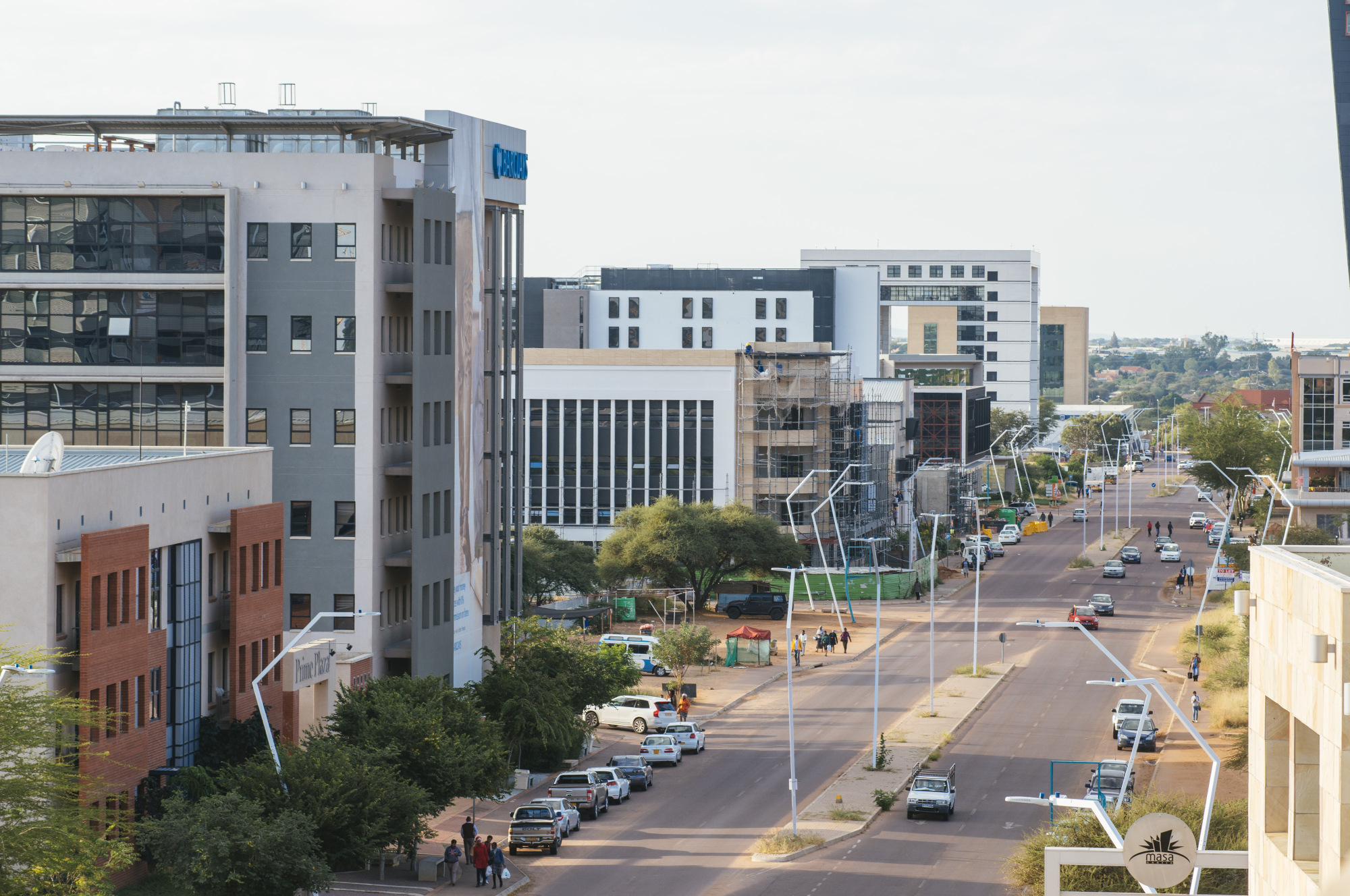The country has a developed tourism sector with national parks covering 38% of its land area.
The latest population census in the country indicate that it has slightly more than 2 million sparsely populated people as 70% of the country is covered by Kalahari desert.
About 11.6 percent of the population lives in the capital and largest city, Gaborone wile the majority of its population is concentrated in in eastern part of the country.
The country was a colony of the British and held the name of Bechuanaland under the colonial rule. The name changed to Botswana in 1966 after obtaining Independence.
Botswana is also renowned for its strong democratic tradition. After gaining independence in 1966, the country has experienced more than four decades of uninterrupted civilian leadership and a consistent record of democratic elections.
Botswana was among African countries hit by poverty following its Independence in 1966 but rapidly transformed into an upper middle-income country, enabled by significant mineral wealth, good governance, prudent economic management, and a relatively small population.
It is among 12 African countries that achieved upper-middle income status including Gabon, Namibia, Ghana, Cape Verde, and South Africa.
The country’s Gross Domestic Product (GDP) amounts to US$18.3 billion with a per capita income of US$7 831.
Among others, the country’s currency (Botswana Pula- BWP) is among strongest ones in Africa where US$100 is exchanged for approximately 1210BWP.
Figures from the World Bank show that the livelihoods of Botswana’s population continue to improve overtime.
From 2002 to 2006, the number of people living on a daily per capita income below US$1.90 per day dropped from 29.8% to 16.1%.
Economic analysts show that the country owes its fast development to advanced agriculture, tourism and reducing inequalities among the poor and rich.
Other reasons include the presence of minerals including Diamond and Gold.
In 2020, Botswana’s exports hit US$4.58 billion becoming the 114th country with large scale exports.
These include Diamonds worth US$4 billion, Gold worth US$87.2 million among others, majority of which was exported to Belgium, USA, the United Arab Emirates, India, South Africa and Singapore.
Opportunities for Rwandan investors
During COVID-19 pandemic, Botswana faced economic shortfalls as the mining sector was not fully operational due to related restrictions yet the country’s economy heavily relies on minerals.
This pushed the country to expend much effort in other sectors of the economy to keep national development on track where agriculture and tourism were given priority.
To ensure the efforts yield good results, investors from Botswana toured different countries to explore avenues for collaboration with their counterparts.
In April 2022, the delegation from Botswana led by the Minister of Foreign Affairs, Lemogang Kwape and Keletsositse Olebire, the CEO at the Botswana Investment and Trade Center (BITC) visited Rwanda for the same cause.
At the time, Botswana business delegation had an opportunity to engage one on one with their Rwandan counterparts as well as undertake site visits to explore areas of collaboration.
Lemogang Kwape said that Rwandans have investment opportunities in his country.
He explained that Rwanda has developed its agriculture sector where Botswana can learn from Rwanda’s practices to reduce related imports.
“We are exploring how to collaborate with our counterparts so that we can exchange expertize to reduce agricultural imports and increase exports,” he said.
Lemogang added that tourism is among potential areas of collaboration.
He said that Rwanda and Botswana have developed tourism sector and stressed the need to create synergies to lure tourists from outside Africa to attractions fin respective countries.
The visit was concluded with the signing of Memorandum of Understanding (MoU) between Rwanda and Botswana in the areas of economy and investment.
Both countries also signed framework for cooperation agreements in the areas of mining among others.
The signed agreements open doors for Rwandans to explore investment opportunities available in the country.
Botswana has introduced different incentive programs to lure international investors where manufacturers, financial institutions and tech companies are taxed 15% on profits from approved operations.
Meanwhile, businesses in other sectors are charged 22% while the Value-added tax (VAT) is 12%.
Depending on negotiations, an international investor may be exempted from taxes between five and ten years while those with investments transforming communities’ livelihoods are not taxed on imports of raw materials. The same applies to the import of machinery to be used in these factories.
Investors also benefit from the country’s agreements for elimination of double taxation with South Africa, the United Kingdom, Sweden, Mauritius, India and Russia.
For Rwandans, it is an opportunity to export goods to countries of Southern African Development Community (SADC) with more than 300 million population.



